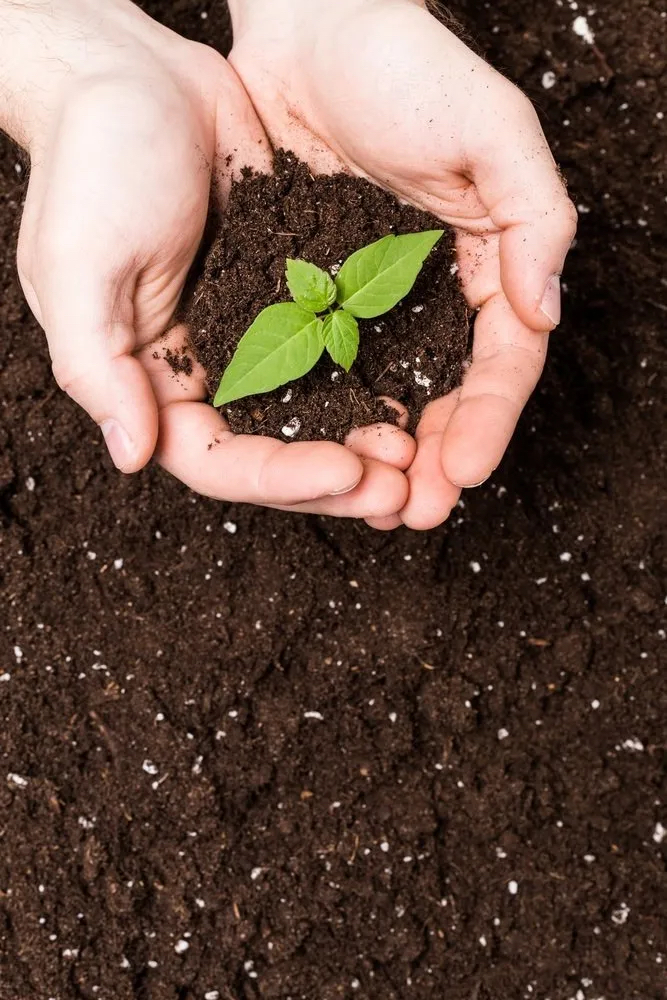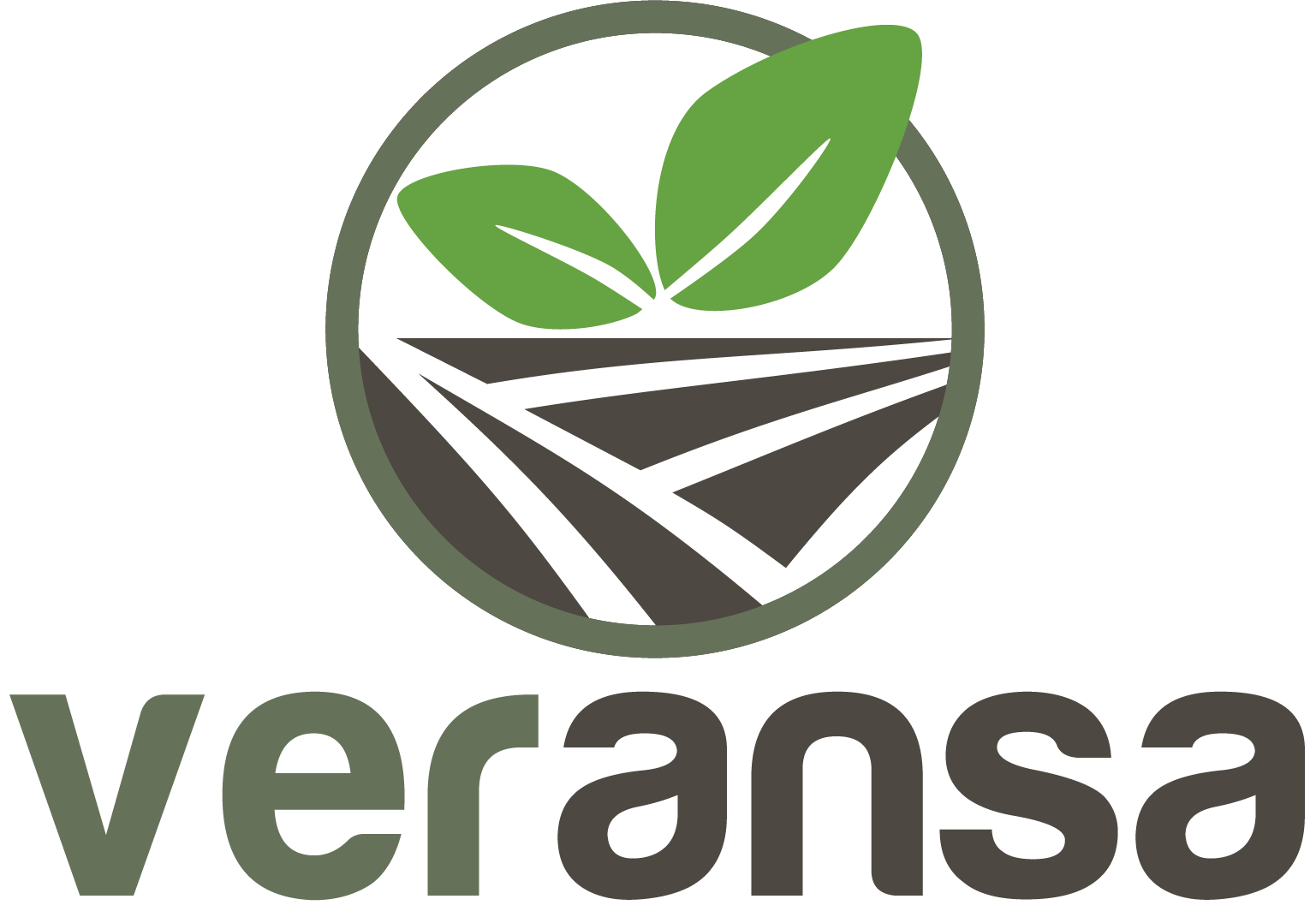Yes! While higher temperatures are created and necessary during all phases of composting, even the finished product can feel warm, often 20 or 30 degrees above the outside temperature. You may see it “steam” as you dig in and moisture and heat are released, but this is normal because that compost is still alive and all those microbes that are going to help your soil are still at work. Plus, the darker color of compost warms in the sun.
At Veransa, we work very hard and at several points in the manufacturing process to deliver the highest quality product. We remove excess sand and dirt contamination and inorganic materials that may come into our sites through residential green waste. However, it is normal to see sand or what appears to be some dirt in the material, because good compost is 40-50% inorganic, and even though we have specialized equipment to remove plastics, a small percentage may slip by. It is far below harmful levels and can be easily removed if desired.
No. At Veransa we use no manures or biosolids/municipal waste in our compost production, nor is any present at any of our sites.
Veransa is an invented word that comes from the combination of two latin words; Verde and Ansa. Verde, meaning Green, and Ansa, meaning Loop. When combined, Veransa stands for the Green Loop that connects what otherwise would be waste, to the sustainable and recycled products you use in your soil!
Compost should not be thought of as a fertilizer, even though the nutrients in compost can be immediately beneficial for your plants. Rather, compost is a soil amendment, with properties that increase the Organic Matter in soil, increase microbial ecology, increase biodiversity, improve water conservation, improve nutrient uptake, and balance soil chemistry.
Unfortunately, much of what is sold as “compost” is actually just degraded or rotted organic matter. At Veransa, we know Compost is the result of an intentional and managed process under controlled conditions where materials, oxygen, moisture, temperature and time are all balanced. This is opposed to what many call compost which is the result of large piles of wood waste piled and left to rot over a long time. The result of which can be seeds, disease, and other qualities that can cause more harm than good.

